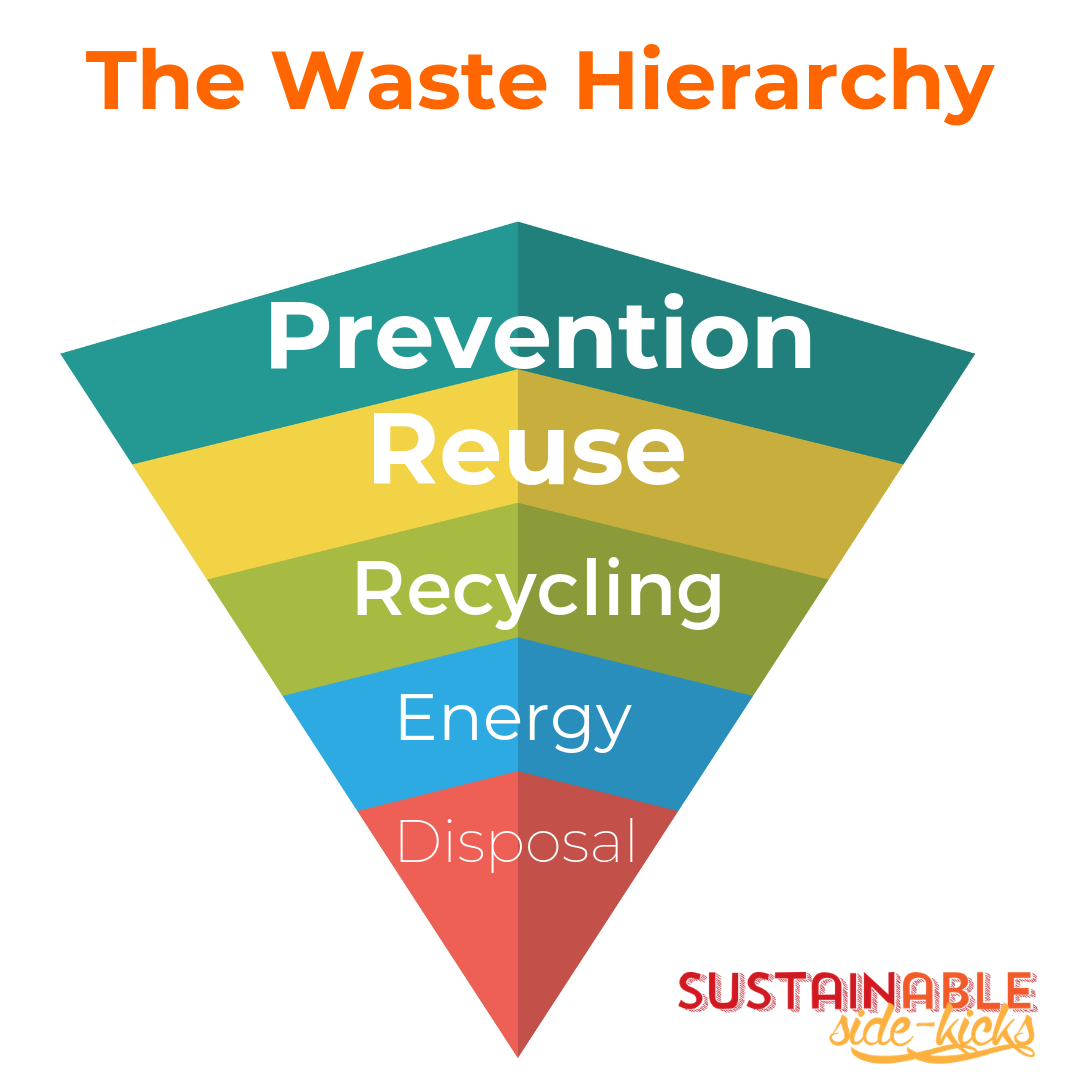Zero Waste Week Office Challenge
For your zero waste week, why not have some fun in the office and set some challenges to reduce waste.
A week long challenge encourages people try things out. At the end of the week you can look at what people are happy to keep working on or developing.
A week long challenge encourages people try things out. At the end of the week you can look at what people are happy to keep working on or developing.
First of all what is waste? Well according to the 2008 Waste Framework Directive,
Waste means any substance or object which the holder discards, intends to or is required to discard.
Zero waste challenges
Which of these will your workplace try?
- No printing that will be discarded, no single hand-outs or briefs, essential filing only (hiding in the desk till next week doesn’t count)
- No disposable coffee cups or takeaway boxes- put out the office Tupperware collection for people to use
- If you need to buy things only buy items that are already made from recycled goods or are second hand.
- If you have unwanted items e.g. office furniture contact someone like Collecteco who can relocate goods
- Trial a reusable milk bottle delivery so the milk bottle can get washed and refilled
- If you find lots of drinks bottles and cans in the bin, ask people to bring in a blender or sodastream to make smoothies and sparkling water- if you are going to invest in these for the office look on eBay or Gumtree first.
- Organise an office lunch on where people bring home-made items or chopped fruit and fruit- nothing packaged.
Then you can reflect on what has worked, what could be improved and what you could take forward on a journey to reduce even more waste in the office.
Good luck and let us know how you get on!
Want all the insights into Waste and recycling, watch the Waste 101 recording



10% of all online courses go to grassroots charities.
20% of all consultancy and bespoke workshops go for rewilding.
50 free places are awarded to campaigners from underrepresented communities each year.

